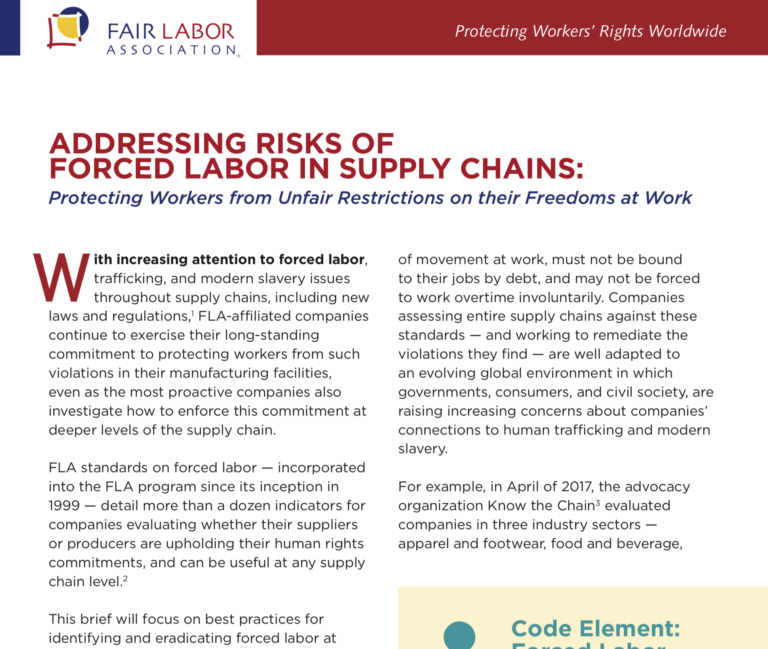Guidance Tool for Construction Companies in the Middle East
GuidanceStandards & Codes of ConductGood PracticesIn the face of shifting labour market trends within both the Middle East region and the construction sector, the ILO and IOE have identified the need for specialized resources that allow enterprises to develop internal policies and procedures that s...Read More

